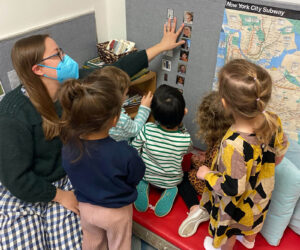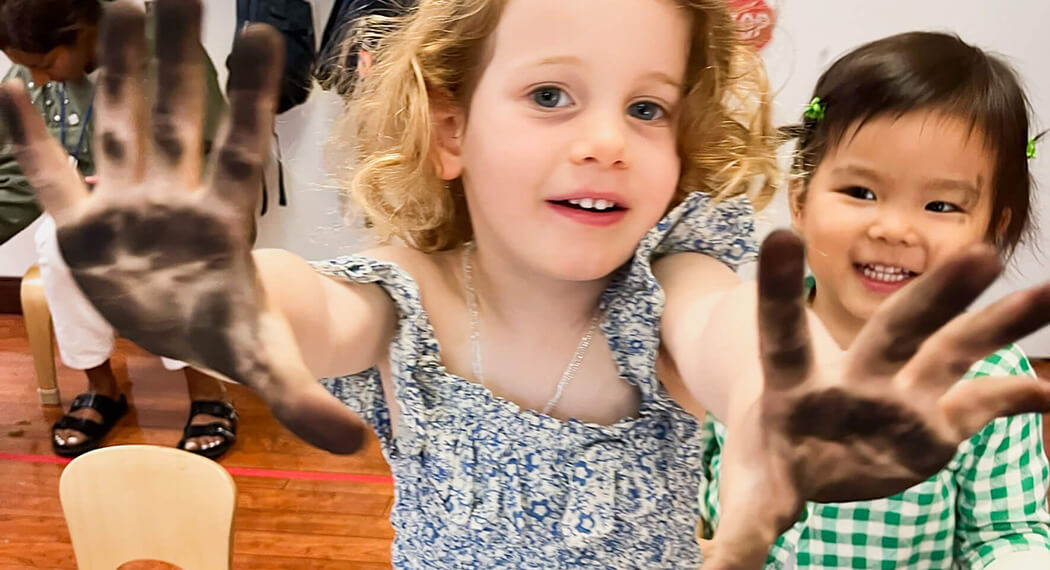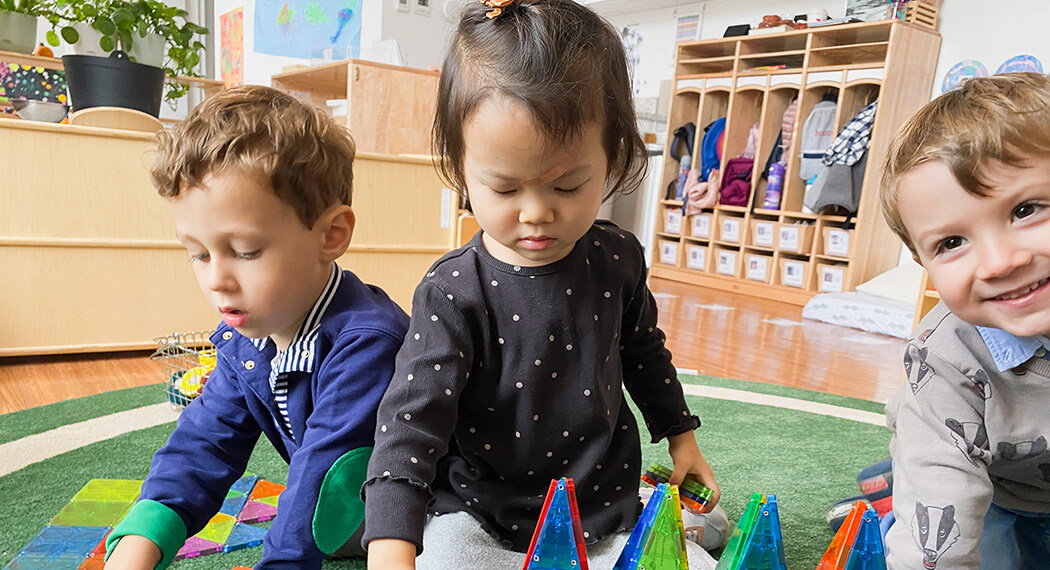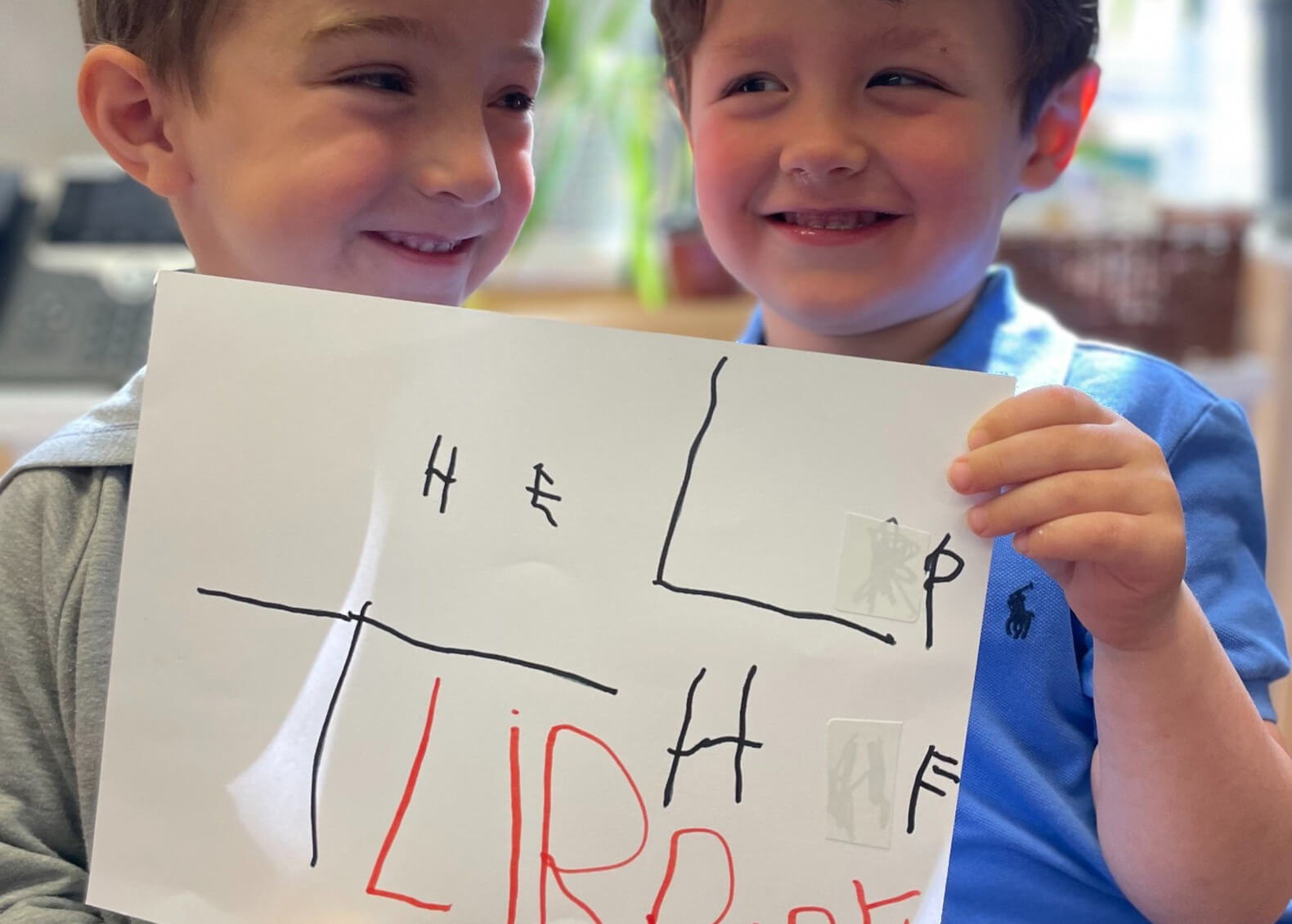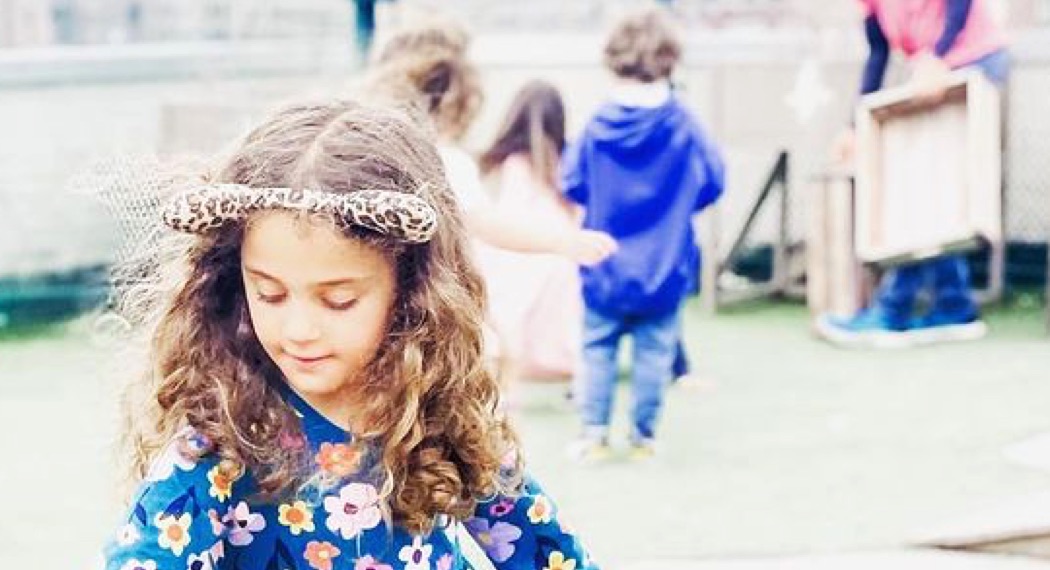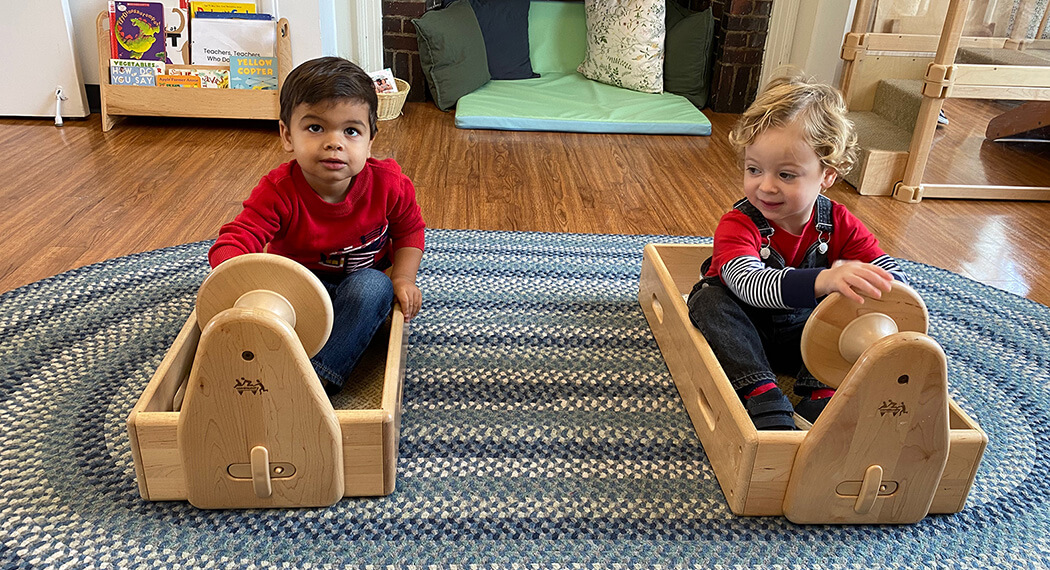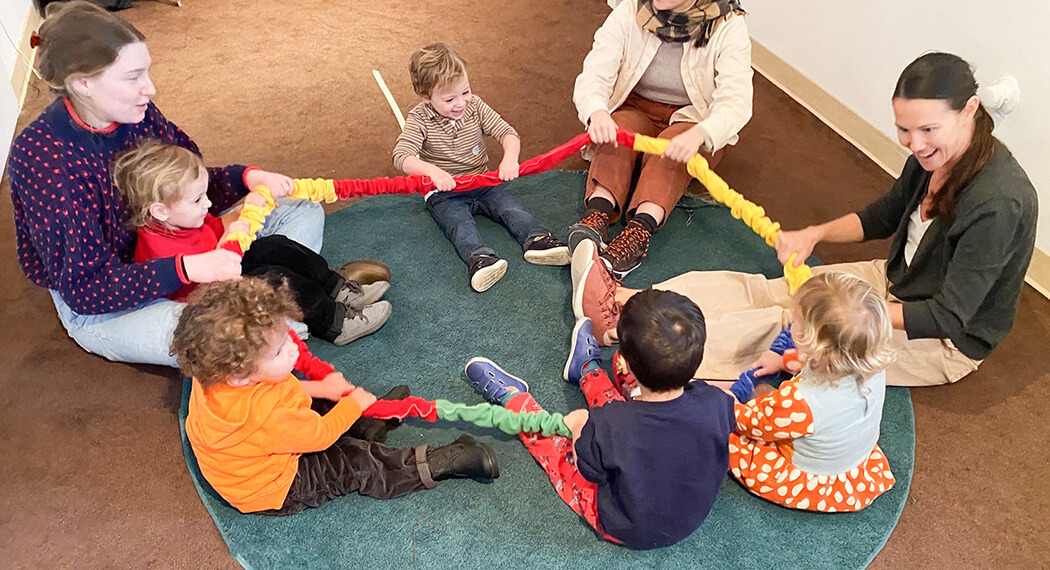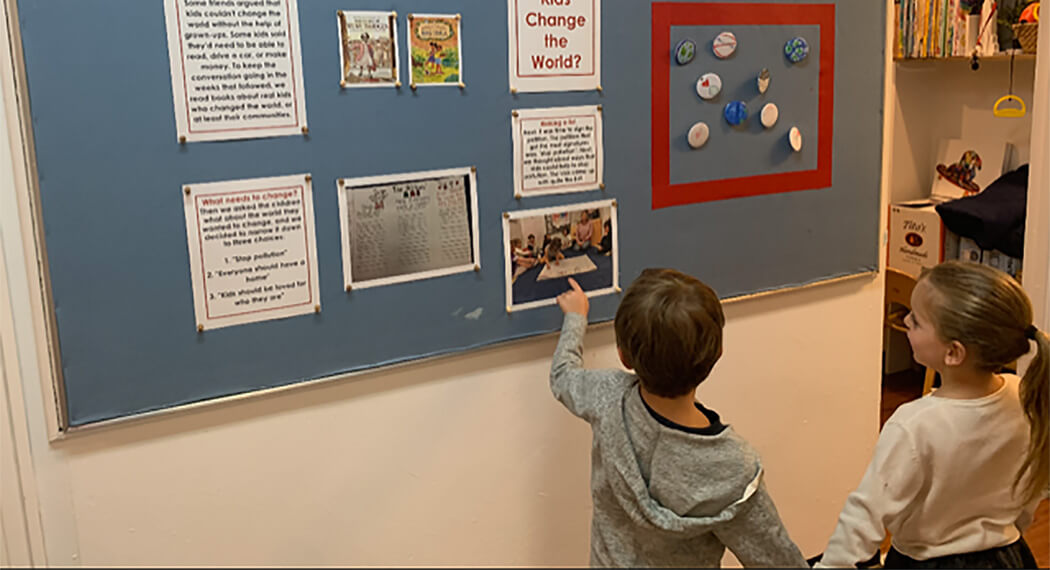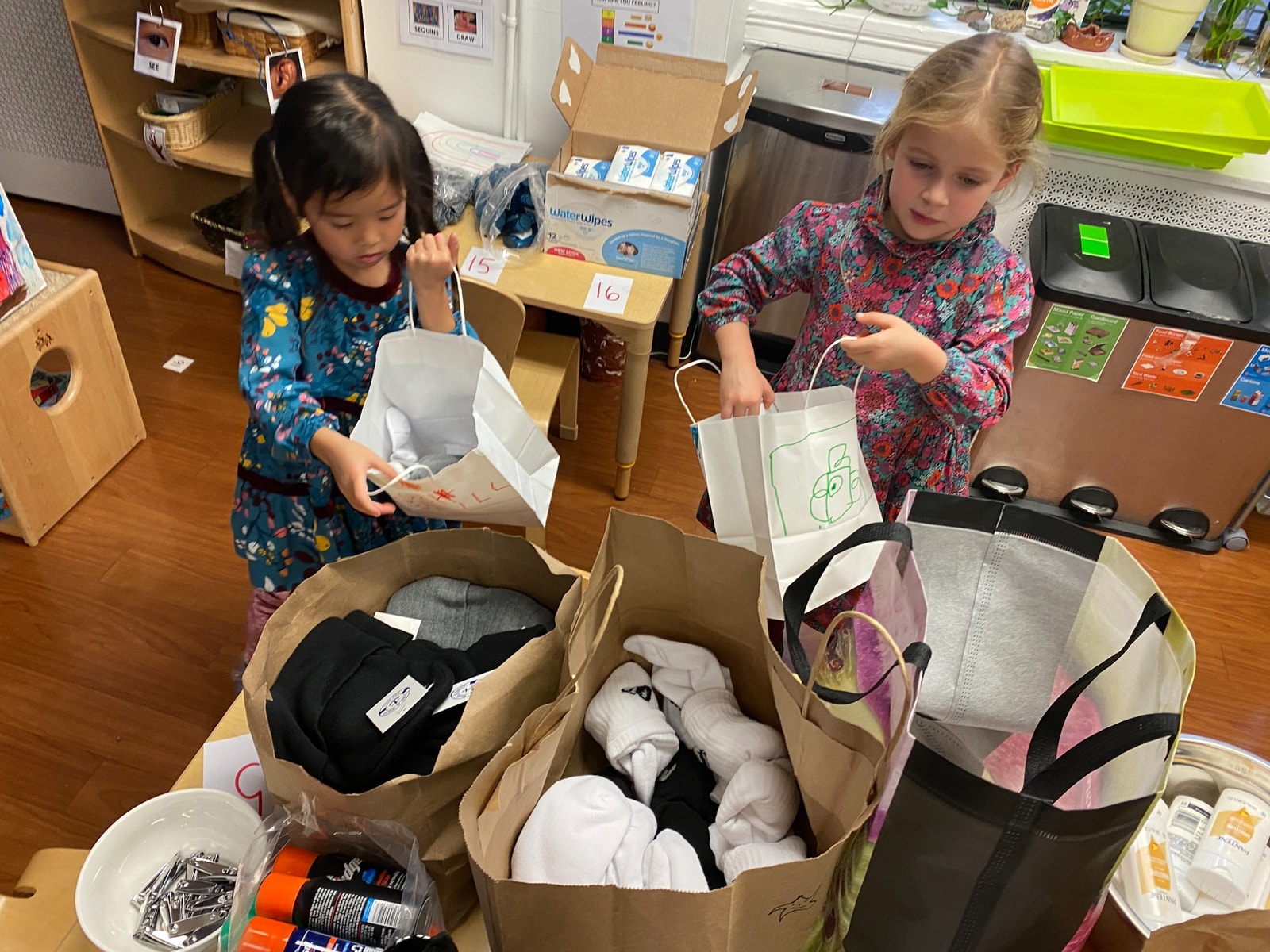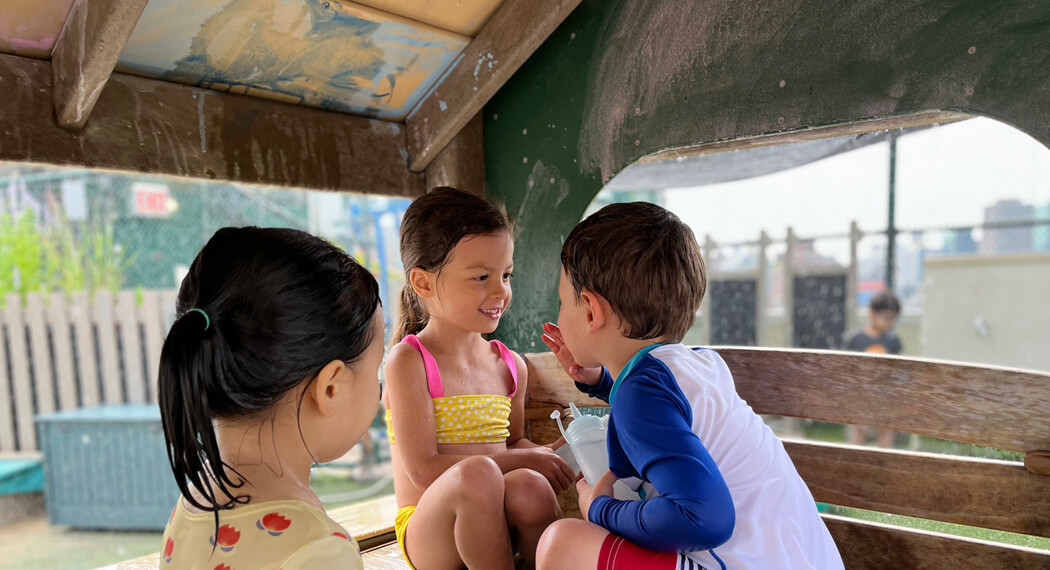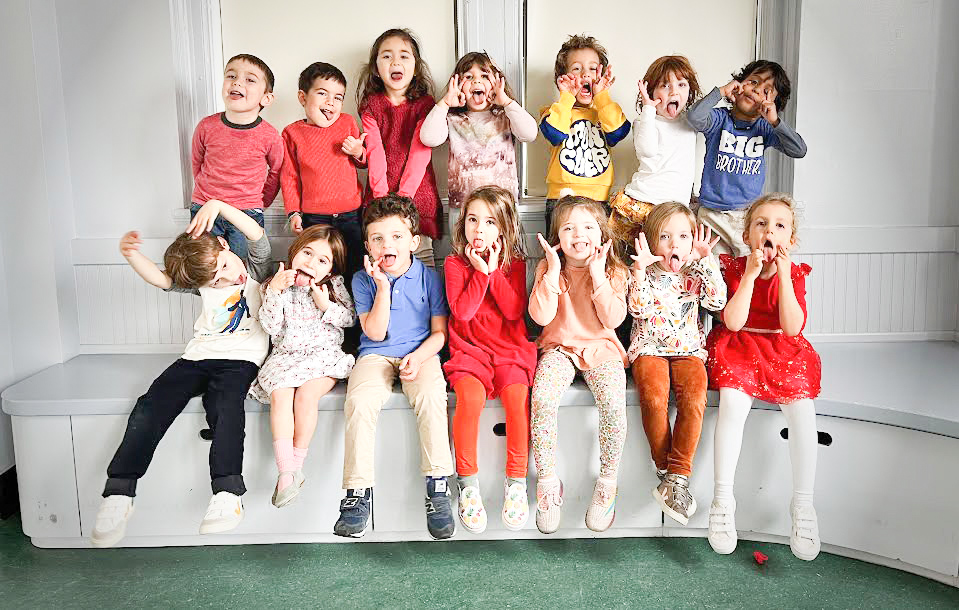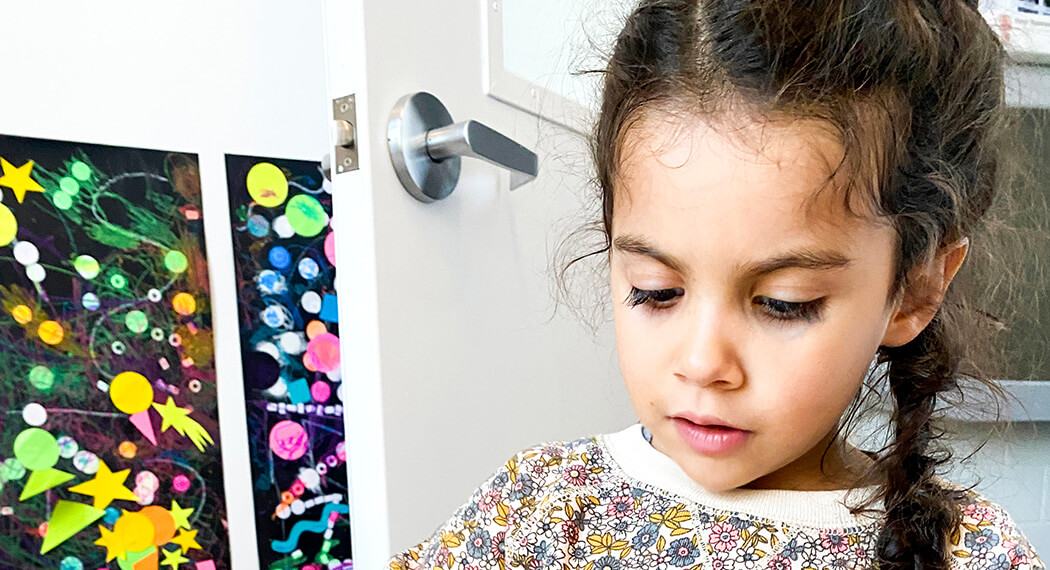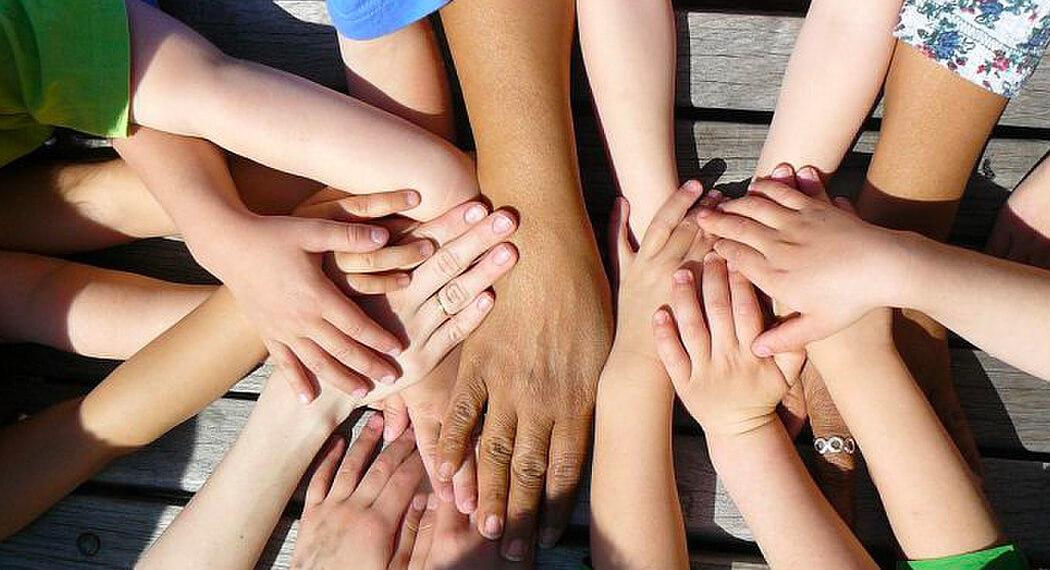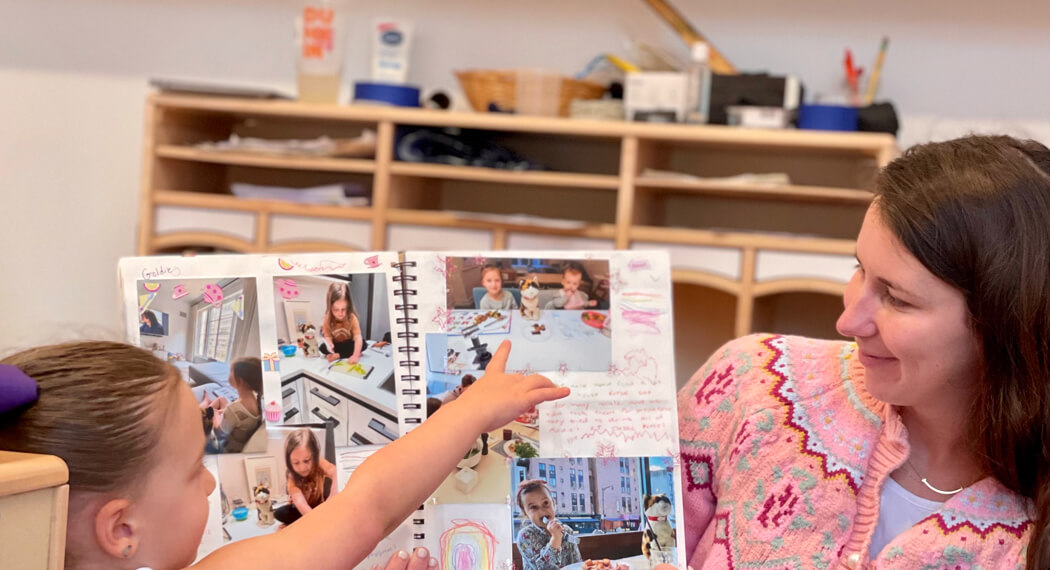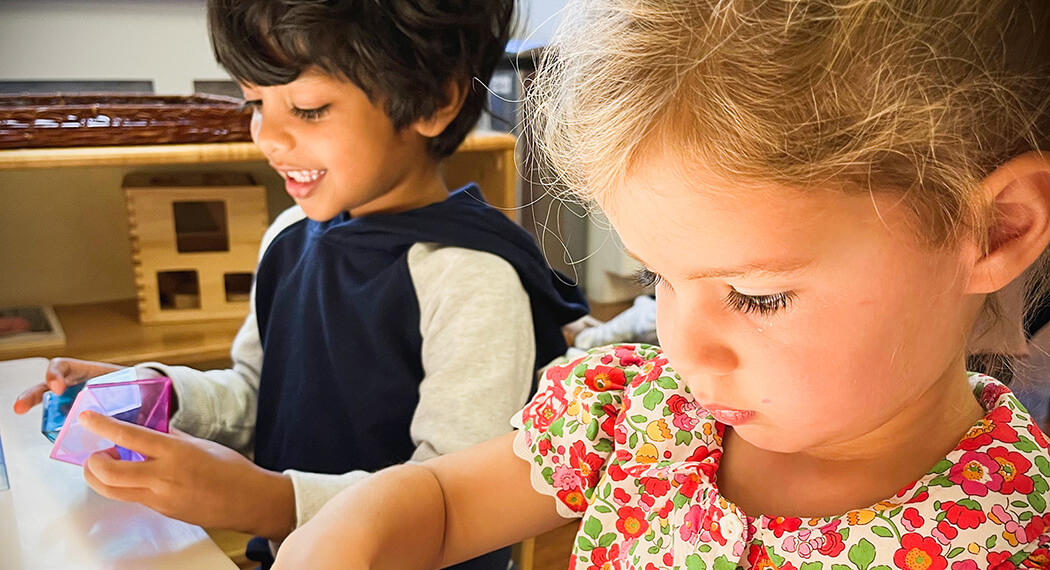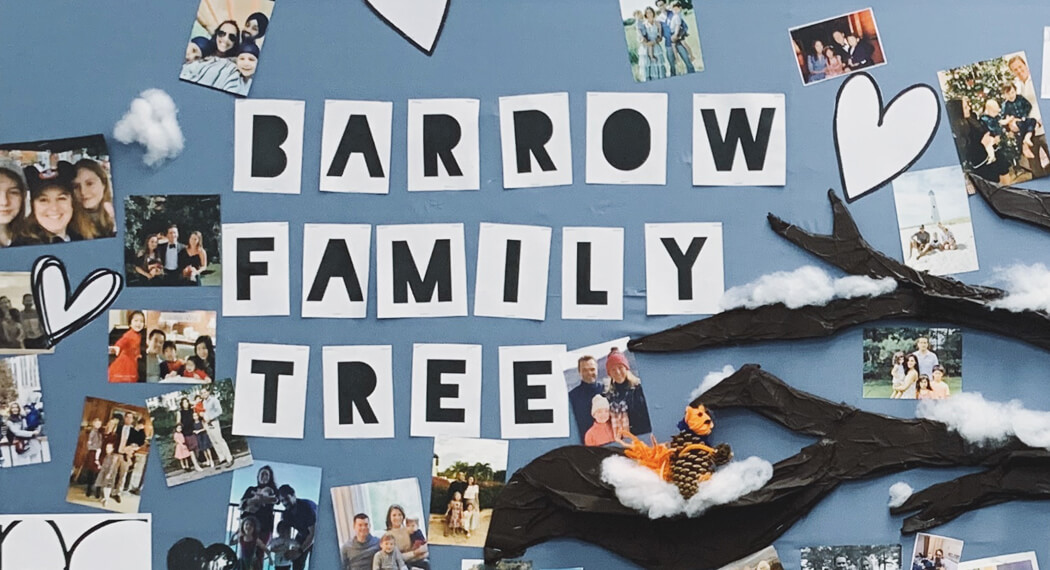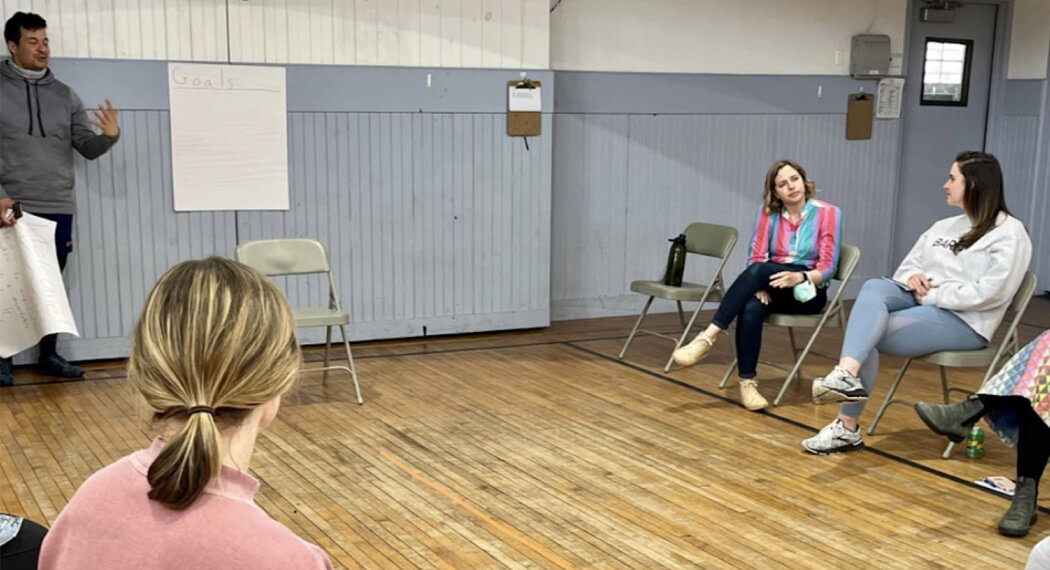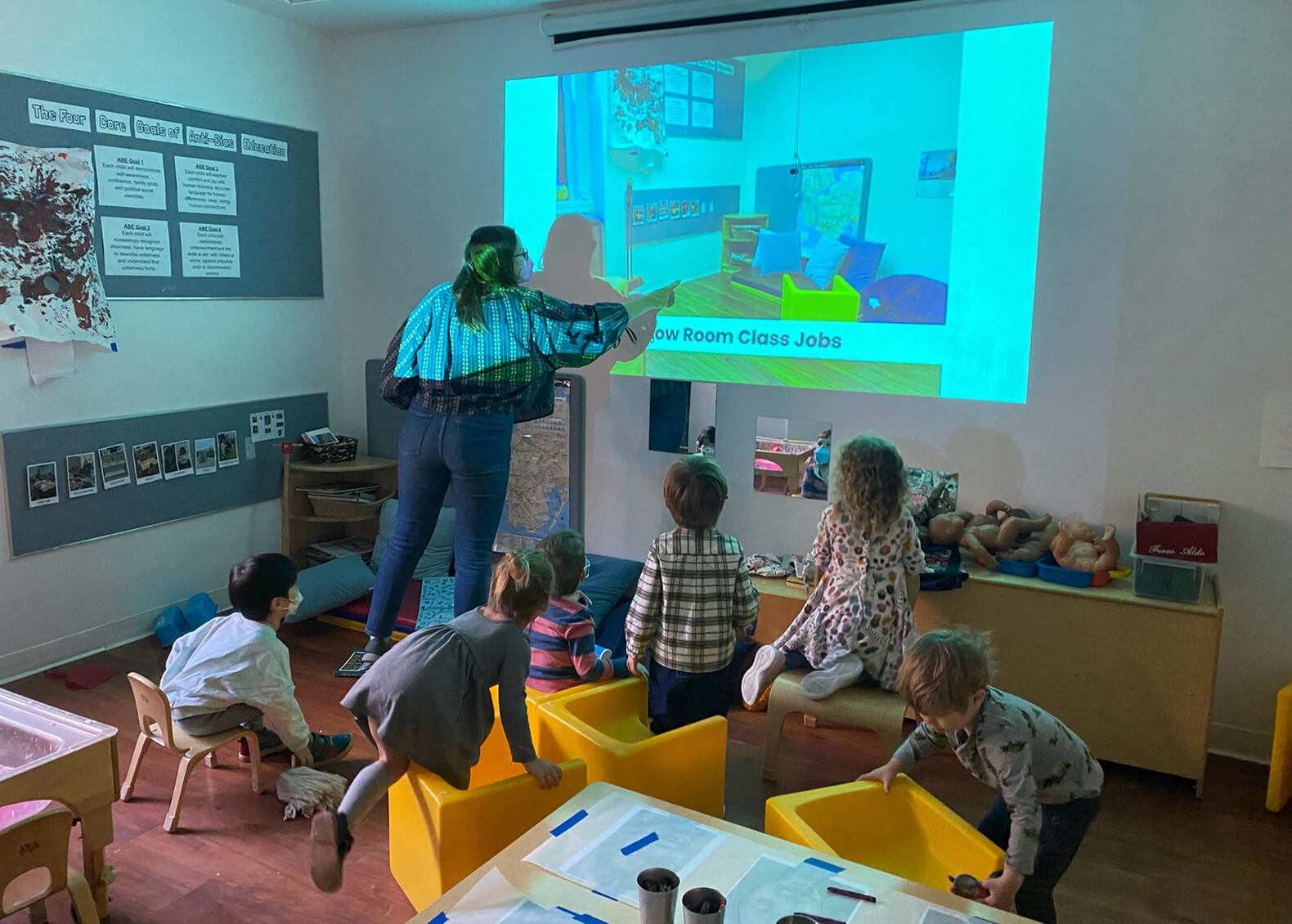Recently, your children may have come home talking about their “jobs” at school. For the first half of the year, Nicki and I worked to set clear boundaries about “teacher jobs” at school. These are usually tasks that are safety-related, such as turning the lights on and off, opening the doors, and using the large broom and dustpan. However, since returning from winter break, we’ve noticed that your children have wanted to show off their responsible, capable selves. Hence – class jobs!
What are the jobs?
- Attendance Taker
- Hello Song Helper (chooses hello song)
- Schedule Reader
- Bell Ringer
- Door Holder
- Elevator Caller
- Plant Waterer
- Special
These special jobs vary from class to class. Our MWF AM special job is Snack Unloader. Our MWF PM special job is Water Bottle Helper. Our TTH AM special job is Snack Order(er). Our TTH PM special job is Delivery Person.
What was the learning process like?
Nicki and I started the conversation with the class by reading a book together about the jobs. We projected the book on the wall, so that we could have a larger class discussion about what jobs are. You can see a PDF of that book below.
Something that felt important in the book is validating or mirroring the feelings that your children might have been having about “teacher jobs.”
In the book, Froggy is frustrated that each of their attempts to support the community is thwarted. Finally, they find different ways that they can be a helper in the Yellow Room. In the book, Froggy shows the children how they can do each job. On the day that we read the book, Froggy also modeled the jobs during class time. Froggy showed us how to be the attendance taker, and the bell ringer, and the hello song helper…
The next day, your children came to the classroom to discover that it was their turn to try out the different jobs. They used the chart to figure out which job was theirs. On their first day, children had some support from teachers and Froggy to complete their jobs. Our goal is that your children will be able to do their jobs independently, and feel accomplished and successful in the process.
Why class jobs?
Nicki and I felt that it was important to have class jobs for a number of reasons. First, your children are members of a community. As part of a community, it is the responsibility of us all to take care of ourselves, our space, and each other. The class jobs model different ways to take on that responsibility. To this end, we are requesting that your child try their job to the best of their ability, even if it’s not their first choice. If a child really needs help with a job, they can ask for assistance from a “substitute” or a helper.
Secondly, jobs help children develop executive functioning skills. They have to plan when and how they are going to execute their jobs, then make sure that they are following through. They practice impulse control by allowing a peer to be, for example, Bell Ringer, without interference. They practice waiting for a turn with a job that they’re really excited about.
Finally, Nicki and I are always thinking about the best ways to prepare your children for their next year of school. In the 3s/4s classrooms, your children will be tasked with more responsibility and greater independence. By practicing jobs at this point in the year, we hope to set your children up for a smooth transition into their next classroom.
How can you support this work at home?
One of the best ways to support this work at home is by asking your child what their job was that day. You can say, “What job did you do at school today?” If they are able to remember (they might not be able to, especially while this is still new – that’s okay!), you can follow up by asking: “How did you do that job? Can you show me/tell me?”
Another way you can support this work at home is by giving your child “home jobs.” Just like with the jobs at school, you want to make sure that the jobs are meaningful work, rather than just ‘busy-work.’ Trust us, your kids know the difference! Some ideas we had include:
- Helping unload the dishwasher or dry dishes
- Sweeping with small broom and dustpan
- Watering plants (taking care of plants also helps children practice using gentle hands while interacting with something living, as well as empathy)
- Putting clothes in the washing machine, helping move them to the dryer
- Care for younger siblings
- helping with diaper changes, bath time
- Putting their dirty clothes in the hamper
- Getting the mail from the mailbox
- Wiping down the table after dinner
